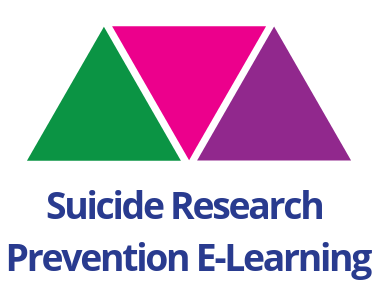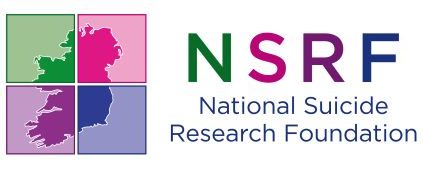
What is a WHO Collaborating Centre?
WHO Collaborating Centres are institutions designated by the WHO to carry out activities in support of the WHO’s programmes at country, intercountry, regional, interregional and global levels.
Designation
In 2023, The World Health Organization redesignated the National Suicide Research Foundation (NSRF) as a WHO Collaborating Centre (WHOCC) for Surveillance and Research in Suicide Prevention until December 2027.
Work completed so far
The NSRF has been a WHO Collaborating Centre for 8 years following initial designation in December 2015 and has provided technical advice to inform WHO’s work in establishing surveillance systems of self-harm and suicide, as well as in implementing and evaluating national suicide prevention programmes.
This work has spanned across more than 20 countries, including Namibia, Iran, Ecuador and Trinidad & Tobago. In particular, the template of the National Self-Harm Registry Ireland has been central in informing surveillance of self-harm internationally.
Work in progress
NSRF and WHO, with support from the Department of Health in Ireland, will continue to build on this collaboration, by:
- Providing technical support informing the establishment of surveillance systems of self-harm and suicide and improving suicide monitoring in specific countries
- Guiding and supporting countries in establishing national suicide prevention strategies and implementation, including evaluation plans and measurable indicators
- Contributing to the following resources:
Examples of Work Completed
In 2015, the NSRF worked intensively with the WHO on a Practice Manual for establishing surveillance systems for suicide attempts and self-harm. This resulted in a first collaborative publication with the WHO in June 2016: World Health Organization (2016). Practice Manual for Establishing and Maintaining Surveillance Systems for Suicide Attempts and Self-harm. Geneva, WHO.

In 2018 and 2019, NSRF, in collaboration with the Department of Mental Health and Substance Abuse of the WHO, produced the Suicide Research and Prevention E-Learning Programme, based on the WHO Practice Manual. The work involved preparing different modules, including a training module with additional test vignettes. The E-Learning Programme launched in early 2019 and now facilitates training and capacity building in places where face-to-face training can be challenging.
At the request of WHO, the NSRF reviewed the National Action Plan for Suicide Prevention in Nepal, in January 2023.
Team Members Involved
Prof Ella Arensman, Dr Eve Griffin, Eileen Williamson, Niall McTernan, Dr Isabela Troya, Eileen Hegarty, Dr Aileen Callanan

